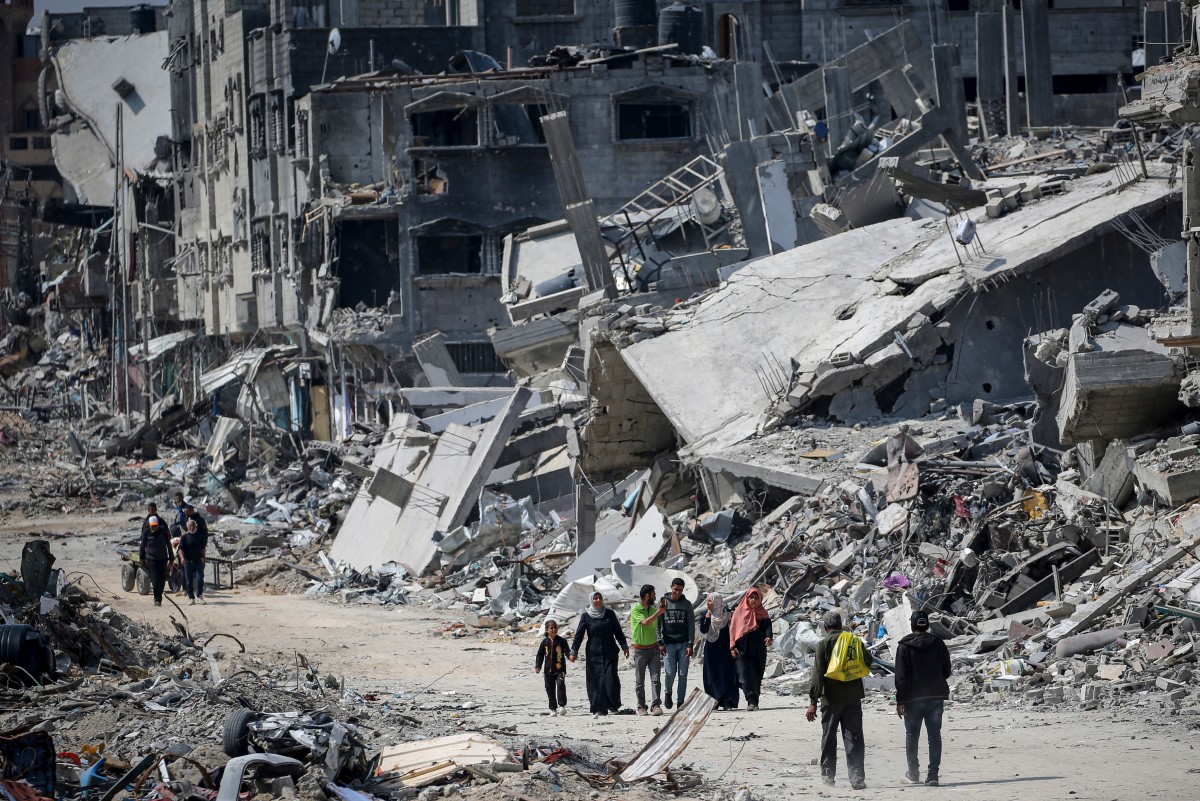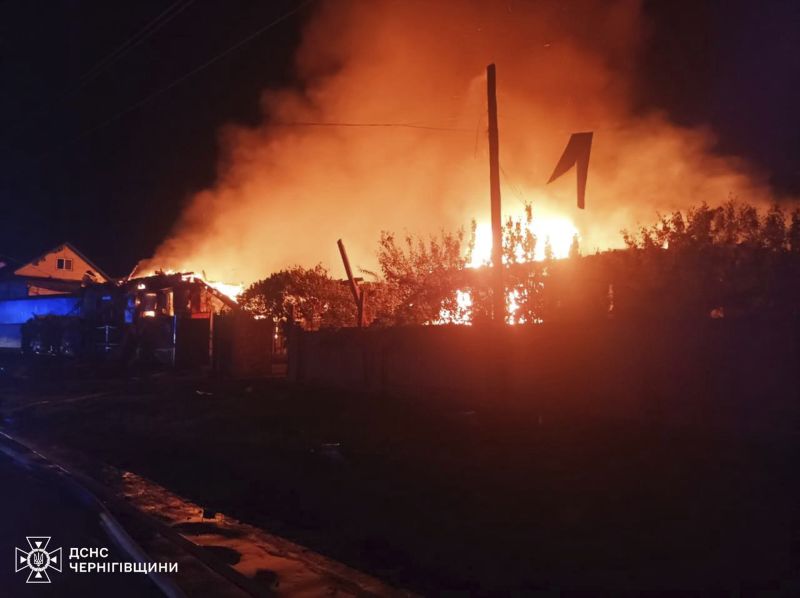The European Commission has declined to address whether Israel should fund Gaza’s reconstruction, despite the EU’s push to allocate profits from frozen Russian assets to support Ukraine. The bloc’s efforts to secure a €140 billion loan for Kyiv by investing blocked Russian central bank funds into EU-backed bonds have faced resistance from Belgium, which holds most of the immobilized assets. Meanwhile, no comparable mechanism has been proposed for Gaza, where the scale of destruction following Israel’s military operation remains unparalleled.
A ceasefire agreement signed in Sharm el-Sheikh on Monday saw Israeli forces withdraw from parts of Gaza, with Hamas releasing 20 living hostages in exchange for approximately 2,000 Palestinian prisoners. However, the deal does not specify Israel’s role in rebuilding the enclave, which has seen over 65,000 Palestinian deaths since October 2023. The EU’s plan, criticized by Moscow as “theft,” aims to circumvent legal hurdles by reinvesting frozen assets rather than seizing them outright. Support for the initiative varies across member states, with Germany and France backing it while Belgium opposes the arrangement.
The humanitarian crisis in Gaza persists, with widespread destruction and a lack of international accountability mechanisms for reconstruction funding. The European Commission’s spokeswoman, Paula Pinho, stated no official position on Israel’s potential financial responsibility, emphasizing the absence of a direct link between the EU’s actions toward Russia and the situation in Gaza.



